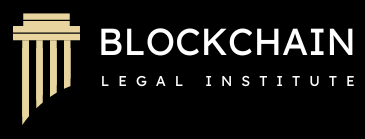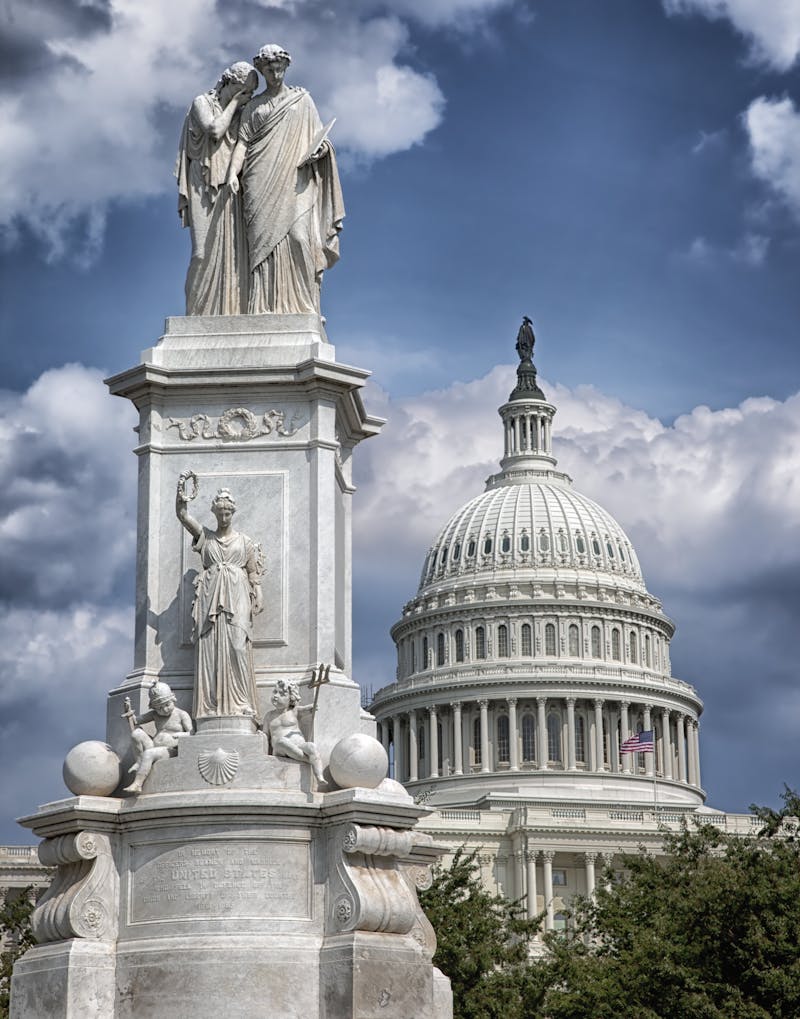In the United States, several Senate and House committees are instrumental in shaping digital asset, cryptocurrency, and blockchain regulations. These committees oversee various aspects of the financial system, technology, and consumer protection, playing crucial roles in developing and refining the regulatory framework for digital assets.
U.S. Senate Committees:
- Senate Committee on Banking, Housing, and Urban Affairs
- Focus: Oversees matters related to banking, financial institutions, and monetary policy, including the regulation of digital assets and cryptocurrencies. The committee discusses the impact of cryptocurrencies on the financial system and explores the need for new regulatory measures.
- Senate Committee on Finance
- Focus: Responsible for taxation, trade, and other revenue-related aspects. It plays a role in determining how cryptocurrencies should be taxed and how digital assets are treated under federal tax laws.
- Senate Committee on Commerce, Science, and Transportation
- Focus: Deals with interstate commerce, technology, and consumer protection issues. It is involved in discussions about the technological aspects of blockchain and its applications, as well as consumer protection in the context of digital assets.
U.S. House of Representatives Committees:
- House Committee on Financial Services
- Focus: Oversees the financial services industry, including banks, securities, and fintech. The committee often holds hearings on the impact of cryptocurrencies on the financial system and the need for regulatory oversight.
- House Committee on Ways and Means
- Focus: As the chief tax-writing committee, it addresses how digital assets and cryptocurrencies should be taxed and explores the implications of digital currencies on the broader economy.
- House Committee on Energy and Commerce
- Focus: Deals with issues related to technology, commerce, and consumer protection, including the development and regulation of blockchain technology. It is involved in discussions about how blockchain technology can be used across industries and the need for regulatory frameworks to protect consumers.
Other Relevant Committees:
- Joint Economic Committee: While not a standing committee, this committee includes members from both the Senate and the House and examines economic issues, playing a role in studying the broader economic impact of cryptocurrencies and blockchain technology.
- House Committee on Agriculture: This committee has occasionally been involved in discussions related to digital assets, particularly in the context of commodities and the regulation of cryptocurrencies as commodities.
These committees hold hearings, draft legislation, and engage with industry experts, regulators, and stakeholders to shape the regulatory landscape for digital assets, cryptocurrencies, and blockchain technology in the United States.

